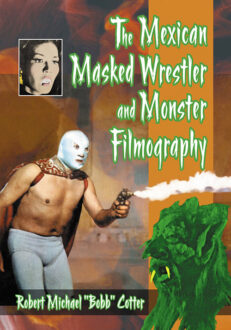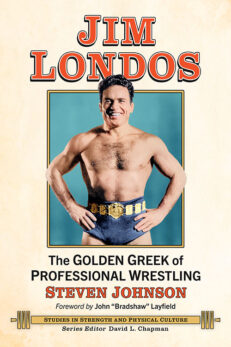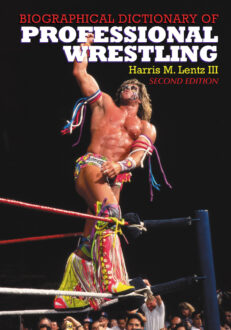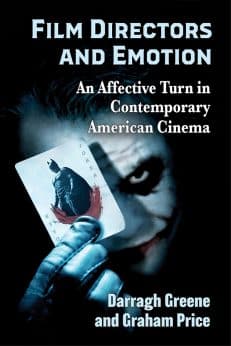Subtotal: $2.99
Film Directors and Emotion
An Affective Turn in Contemporary American Cinema
Original price was: $55.00.$27.99Current price is: $27.99.
In stock
About the Book
Cinema is an affective medium. Films move us to feel wonder, joy, and love as well as fear, anger, and hatred. Today, we are living through a new age of sensibility when emotion is given priority over reason. Yet, there is a counter-cultural current in contemporary American cinema that offers a more nuanced treatment of emotion. Both aesthetically and eidetically, this new cinema of affect allows viewers to make up their own minds about what they feel and think. This book focuses on key films by important auteur-directors—David Fincher, Bryan Singer, Christopher Nolan, Kathryn Bigelow, Richard Linklater, Barry Jenkins, Greta Gerwig, and Pete Docter—who are to the forefront of this new cinema. It explores how they anatomize affect and how it functions in the creation or degradation of character and society.
About the Author(s)
Bibliographic Details
Darragh Greene and Graham Price
Format: softcover (6 x 9)
Pages: 201
Bibliographic Info: filmography, notes, bibliography, index
Copyright Date: 2020
pISBN: 978-1-4766-6889-5
eISBN: 978-1-4766-4008-2
Imprint: McFarland
Table of Contents
Acknowledgments v
Introduction: The Affective Turn in American Cinema 1
1. David Fincher’s Feelings: From Apathy to Zest 11
2. Bryan Singer’s Strange Cinema of Freaks and Outsiders 37
3. Christopher Nolan: Mastering Fear, Rage and Death 70
4. Kathryn Bigelow and the War on Terror 101
5. Richard Linklater, Barry Jenkins, Greta Gerwig: Cinematic Coming-of-Age Narratives 125
Epilogue: Inside Out: A Major (E)motion Picture 160
Filmography (by Director) 169
Chapter Notes 171
Bibliography 181
Index 189
Book Reviews & Awards
- “Writing from a position beyond the standard Film Studies arena, Greene and Price have compiled a series of theoretical, formal analyses of some of the most interesting contemporary American (indie and mainstream) filmmakers and their work. Coherently united under the broad theme of cinematic ‘affect,’ this book interweaves a rich array of interdisciplinary strands—from Aristotle to Žižek—into a compelling tapestry of film interpretation that both celebrates, and reminds the reader of, the intertextual nature of the medium and how it is always usefully considered within the context of its rich cultural, textual heritage. Film Directors and Emotion will satisfy cinephiles and inquisitive readers who are looking to be stimulated by alternative ways of exploring the art and thinking that contemporary cinema offers.”— Dr. Barry Monahan, Film Studies, University College Cork, Ireland

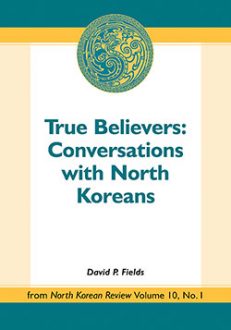 True Believers
True Believers 

